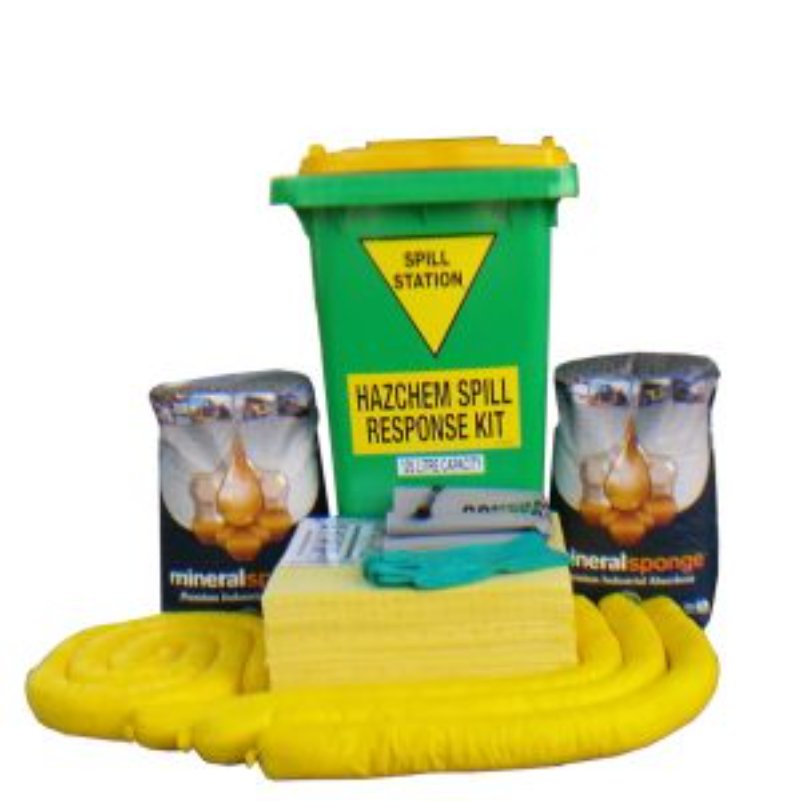Everybody knows that working with chemicals could be dangerous and a proper storage facility is mandatory to create and maintain an ecosystem of safety. If you plan to purchase flammable cabinets that keep harmful chemicals safe and various other accessories, you can check out the website of the best spill kits Australia, Spill Station. They offer the best spill kits in Australia along with other spill-related safety equipment at an affordable rate.
Read further to know more about the tips and best practices to keep in mind while using flammable safety cabinets.
It's always better to keep unnecessary flammable materials away
When chemical containers are stored in flammable safety cabinets, it might be better to keep them in original cardboard packaging. However, this approach might create unintended safety risks. In the worst-case scenario, if a spark occurs near the safety cabinet, it might ignite the cardboard. The cardboard would create heat when it is ignited. This might cause vapour in the air to explode or ignite. It is better to avoid storing items on top of or near the cabinet. This might include placing oily used rags, waste paper or any other flammable material
Organise the chemicals within the flammable cabinet to keep them safe
Some cabinets have racks or shelves that are made to carry the weight of chemical containers as users could gain access to it easily. Some cabinets can direct the spills to a leak-proof sump attached to the bottom of the cabinet and this could avert a huge disaster.
To organise the space to its maximum, you could even add Steel shelf dividers. All you have to do is to slide them into position on the shelves to segregate the chemicals placed inside the cabinet. All the chemicals come in with safety data sheets and it can provide very important information about chemicals including classes, hazards, first aid measures, fire fighting measures, handling and storage methods and more. The documents should be stored in an easily accessible area. You should install convenient and durable boxes on cabinet doors or on sidewalls to keep the documentation safe and protect it from dirt and moisture
Get a clear picture of safety cabinet ventilation
Safety experts advise against venting safety cabinets unless it is really necessary. Some of the safety cabinets would have vent bungs installed but sealed off as it is standard practice. Ventilation can remove flammable vapours from the safety cabinet which reduce the chance of ignition. Removing flammable vapours from the safety cabinet and releasing it somewhere could only move hazards from one place to another. If the new location is close to ignition sources, it might cause a greater and increased risk.
Modifications end up creating more risks
Flammable safety cabinets remain as a fire-resistant barrier between the outside and inside of the cabinet. Some of the safety cabinets have an air gap between the exterior and interior walls. It can provide resistance from heat and keep the internal temperature under control for at least 10 minutes even if there is fire. Making modifications like drilling a hole into a flammable cabinet might pose a major fire risk. This would compromise the heat resistance and reduce the ignition time of contents. The employees might not have enough time to evacuate the area before the chemicals explode or ignite. Modifications might void third party or independent certifications.
Advice for Someone Whose Partn...
Big Family Bigger Adventures H...
Escape the Resorts Local Style...
Heat Hail and Hooligans One Ho...
Your Compressive Guide to Buy ...
Why Your Next Marketing Move S...
Upgrades That Matter Go Faster...
Brisbane Bathrooms Behaving Ba...
Why International SEO is Essen...
The Role of a Sports Physician...

